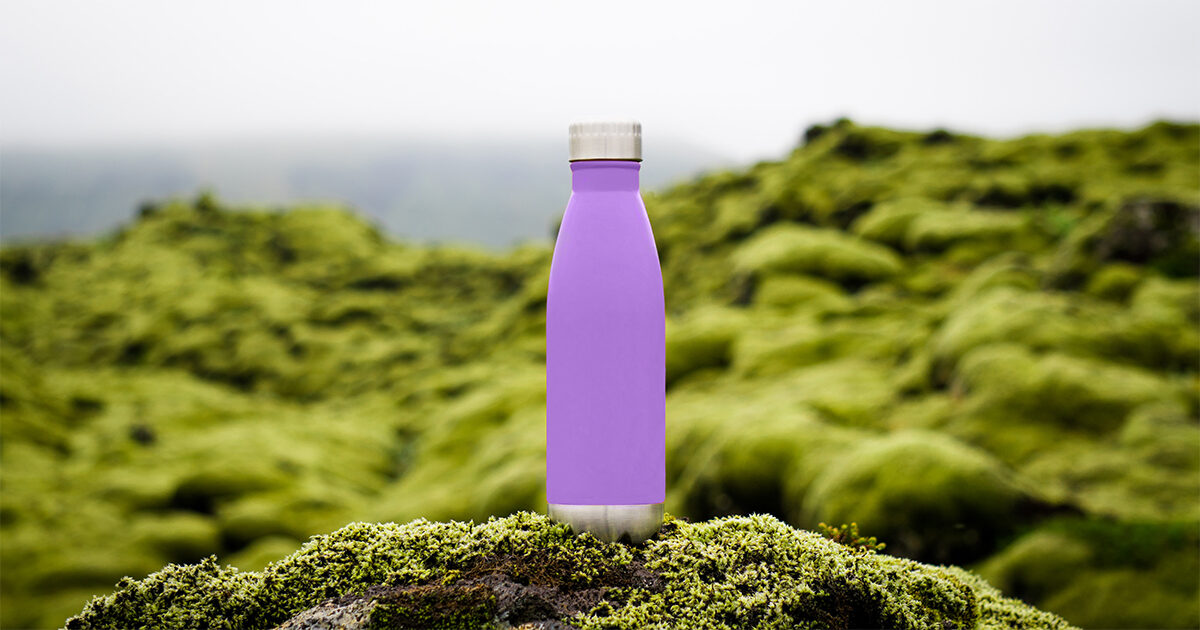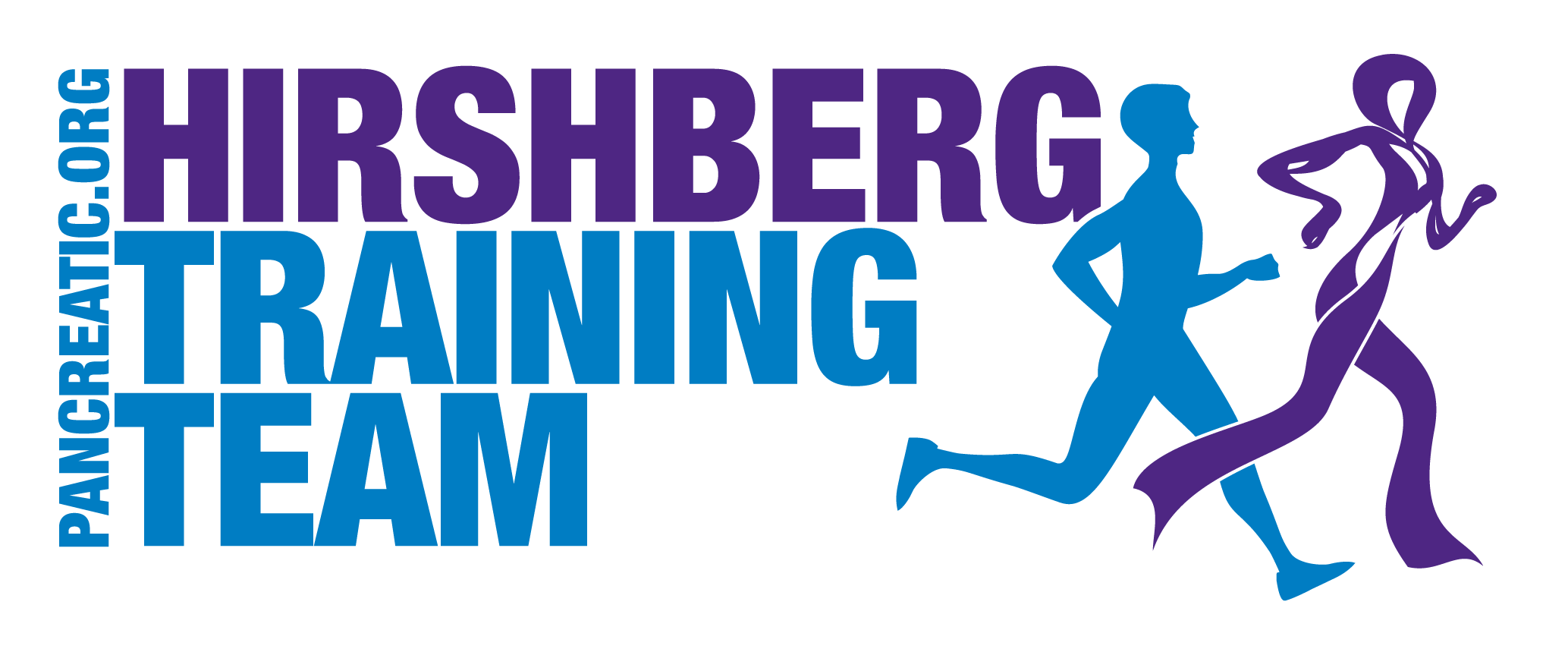
By Shannon Colavecchio, Women’s Running
It’s no secret that for runners, proper hydration and peak performance go hand in hand. Without sufficient fluid intake, muscles and organs are unable to function at their best.
Smart hydration means more than stashing a sports drink in your gym bag. “If you wait until your event to start hydrating, it’s not enough,” says Karen Newcomer, MD, who specializes in sports medicine at the Mayo Clinic in Rochester, Minnesota.
Nutritionists and sports medicine doctors say a strategy of around-the-clock hydration pays off, separating top runners from the rest. The key is to reach for drinks that will give you more bang for your gulp, and provide a nutritional boost while optimizing fluid levels.
Here’s how to plan your beverages throughout the day to feel your best from morning until night.
7 a.m. Pre-Run Breakfast
Your best bet: orange juice mixed with water or a yogurt-based smoothie
Coffee can be great for a wakeup jolt, but runners should be aware that this popular a.m. beverage is a diuretic. Jamie McHaffie, RD, explains that runners must balance the dehydrating effect of caffeine with hydrating liquids: “We can’t only rely on our thirst. We have to make drinking a habit.”
McHaffie recommends pairing a protein-rich morning meal with half a glass of orange juice mixed with water. She explains that since your body goes into a fasting state overnight, orange juice will provide a fast-absorbing source of natural sugars and carbohydrates to give you a pre-run energy lift.
If you have a weak appetite when you first wake up, sip a balanced meal in a glass. A smoothie is a light, easy meal that will fulfill both your caloric and hydration needs before you hit the trail.
8 a.m. Mid-Run Sipping
Your best bet: sports drink or coconut water
If you’re heading out for a short run, hydrating with water beforehand will be sufficient. But any time you plan to run for 40 minutes or more, the American College of Sports and Medicine recommends taking in four to six ounces of an electrolyte-enhanced drink every 20 minutes.
Without the proper electrolyte levels, a runner can quickly become dehydrated, and that fluid loss slows the movement of blood to the muscles, brain and skin. Sports drinks will deliver both electrolytes, such as sodium and potassium, as well as the carbohydrates needed for lasting energy.
You can also stock your fuel belt with coconut water, which has more potassium than a banana and roughly 70 calories per serving.
9 a.m. Post-Run Refresher
Your best bet: chocolate milk (or soy milk), chicken soup or protein shake
Hydration after a workout is crucial for recovery. Organs and muscles need fluid to function and recover properly. Dr. Newcomer recommends weighing yourself before and after a tough run. For every pound you’ve lost, ingest two and a half cups of liquid.
In addition to water, after a taxing workout you’ll need a mixture of carbs and protein to refill your glycogen stores and ensure a speedy recovery. Look for a beverage with a mix of both, such as chocolate milk, sweetened soymilk or chicken soup.
12 p.m. Liquid Lunch
Your best bet: homemade or pre-made vegetable juice
Within a few hours of a hard workout, a nutritious lunch is in order. For endurance athletes, the contents of your glass are as important as what’s piled on your plate. The midday meal is the perfect opportunity to take in additional vitamins and minerals needed for replenishment.
Pair an eight-ounce glass of homemade or store-bought vegetable juice with a large salad and lean protein to give your body the energy and hydration it needs. Vegetable juice packs tons of nutrition into minimal calories and makes for the perfect vitamin-dense accompaniment to a filling meal.
3 p.m. Mid-Afternoon Snack
Your best bet: cherry juice or hot tea
The hours between lunch and dinner are a common time to crave something sugary. Instead of heading to the vending machine for a candy bar, try sipping on cherry juice to satisfy your sweet tooth. One glass clocks in at roughly 100 calories and provides two servings of fruit.
Recent studies point to cherry juice as the go-to recovery drink for runners. One 2008 British study tracked athletes who drank two cups in the days before, during and after a marathon. These runners experienced less inflammation and muscle damage than the control group. McHaffie explains, “You produce a lot of extra free radicals when you work out, so cherry juice’s antioxidants speed up muscle recovery.”
Those who need a little pick-me-up to combat post-lunch lulls should brew a cup of green or black tea. Hot tea can give you a caffeine boost while suppressing appetite and lending an additional dose of antioxidants.
6 p.m. Drinks With Dinner
Your best bet: water
For the athletes he coaches, David Pleto, assistant strength and conditioning coach at Florida State University, says, “We put water in front of them every chance we get.” He believes that water in moderate amounts is likely all an athlete needs during the last few hours of the day.
However, if you’ve stayed on top of your hydration throughout the morning and afternoon, feel free to indulge in a recreational beverage. Enjoy a glass of red wine with dinner to treat yourself after a long day, while nourishing your body with the cancer-fighting antioxidant, resveratrol.
Hydrate right to be ready for your next race.
